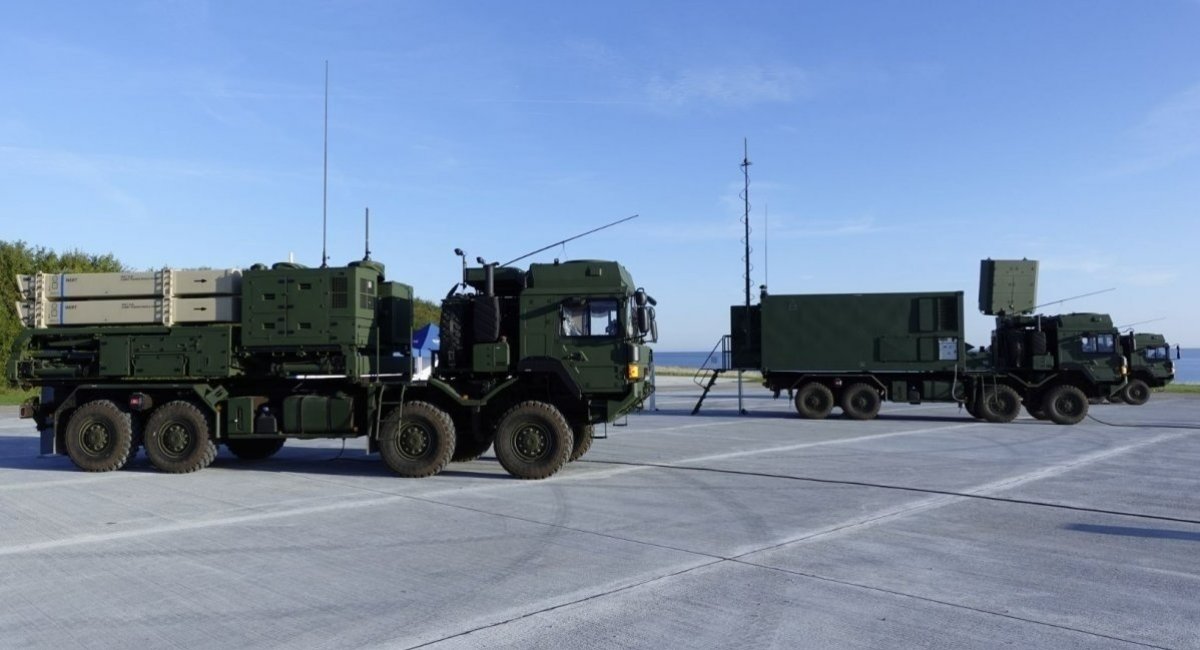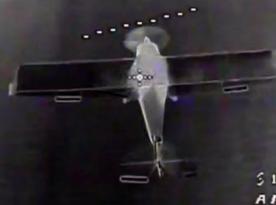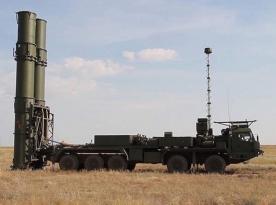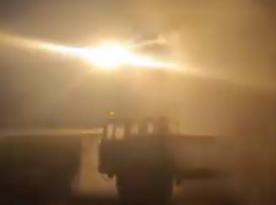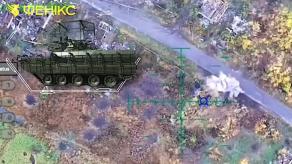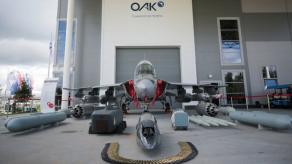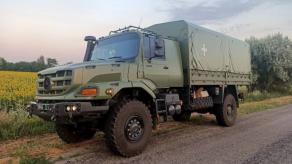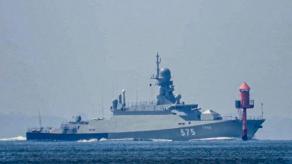German armed forces, the Bundeswehr, have made the first-ever announcement of plans to procure the latest IRIS-T SLX air defense systems with an operational range of 80 kilometers. The first division to be delivered in 2029, the second following in the 2030s.
Considering the deadline, the process seems too slow, but it appears in a completely different light once we take into account the delivery timelines of ammunition to feed those systems — the data provided by Hartpunkt is a stark reminder that surface-to-air missiles production remains the primary bottleneck in ensuring air defense in Europe.
Read more: NYT: Ukraine May Receive Two More Patriot Batteries From Unexpected Sources
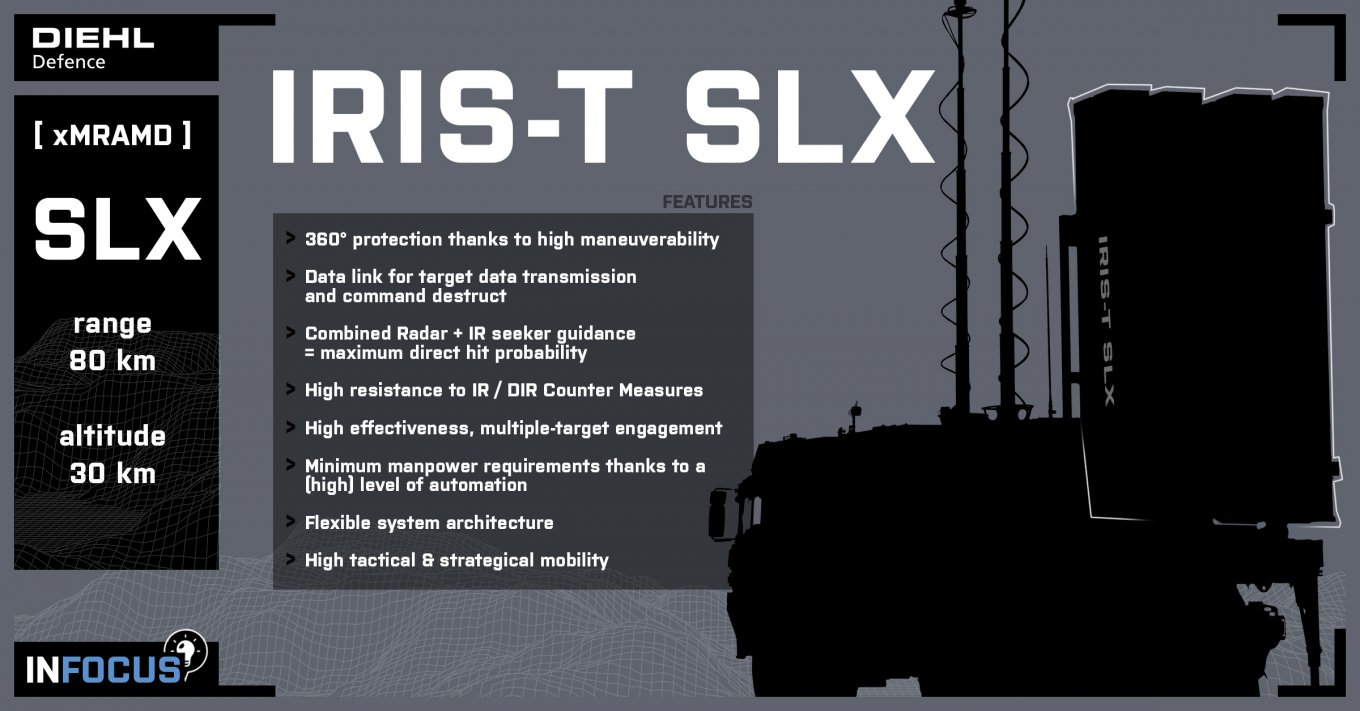
According to the German media outlet, the Bundeswehr has already ordered six IRIS-T SLM air defense missile systems and is preparing orders for six more. The update comes from Lieutenant General Lutz Kohlhaus, Vice-Chief of the German Air Force during the CPM GmbH air defense summit in Berlin.
Then, he outlined the above plans for the acquisition of IRIS-T SLX, the latest generation of the domestic air defense missile and the associated launch system. The manufacturer, Diehl Defense, plans to present a unified launcher that could use both the older IRIS-T SLM and the novel IRIS-T SLX effectors. Moreover, the Hartpunkt infographic below suggests that the new interceptor would differ significantly in size and specifications from its predecessor.
Kohlhaus noted that the contract for the first IRIS-T SLX battery may be concluded in 2025. If the current requirements of the German Air Force remain unchanged, "a further twelve Diehl air defense systems are likely to be on the order list," the journalists quote him as saying, although it's unclear whether the general referred only to the SLX version or the SLM as well.
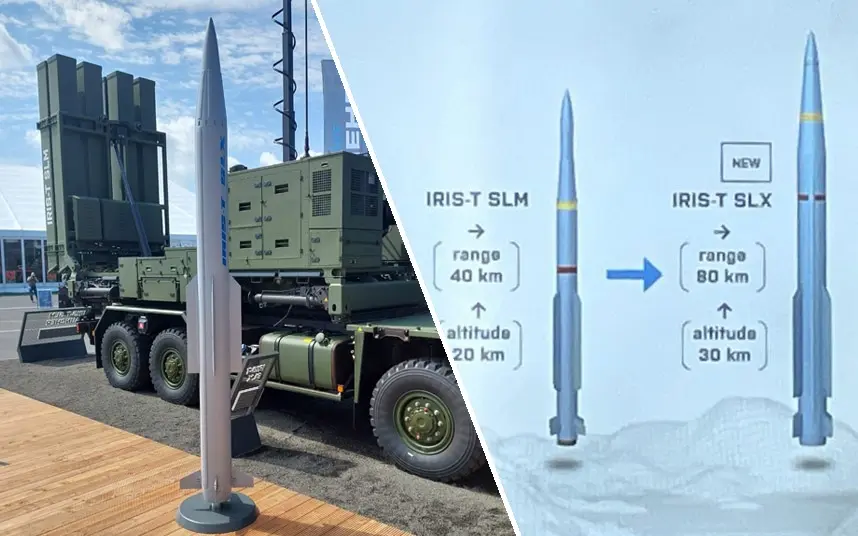
The official's words " if the requirements remain unchanged" sound at least strange, given the slow pace of air defense buildup in Germany. However, here we should remind you that Germany had transferred 658 IRIS-T missiles to Ukraine as military aid over the past two years as of February 2025, and currently forwards 75% of anti-air missiles produced to the Ukrainian forces, too.
Given this ratio, it is clear that Germany's plans to expand its air defense rest almost entirely on its capacity to produce spare interceptors. Because as the rates stand right now, the Bundeswehr can stockpile less than 100 IRIS-T missiles a year.
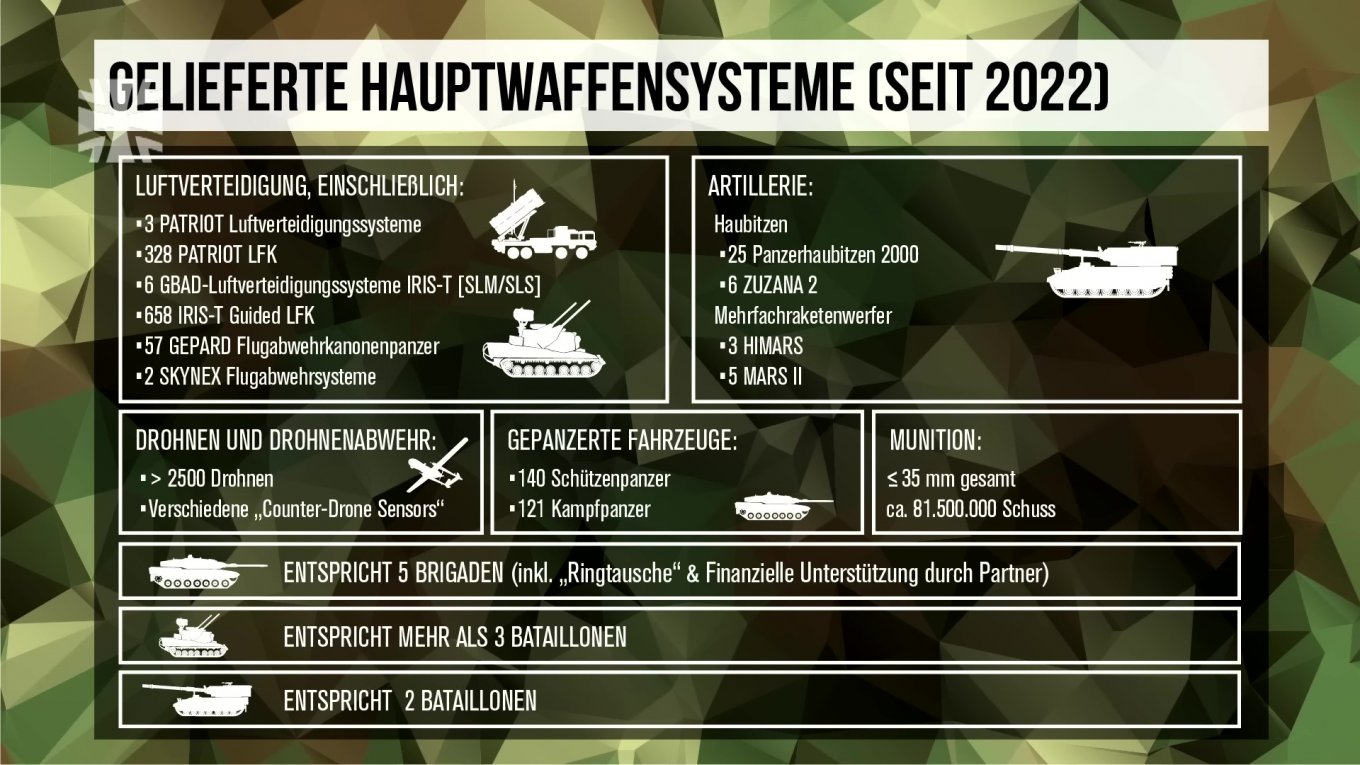
Read more: Ukraine's National Guard Receives the Leopard 1A5 and 2A4 Tanks with Advanced Fire Control and Superior Protection (Photos)



